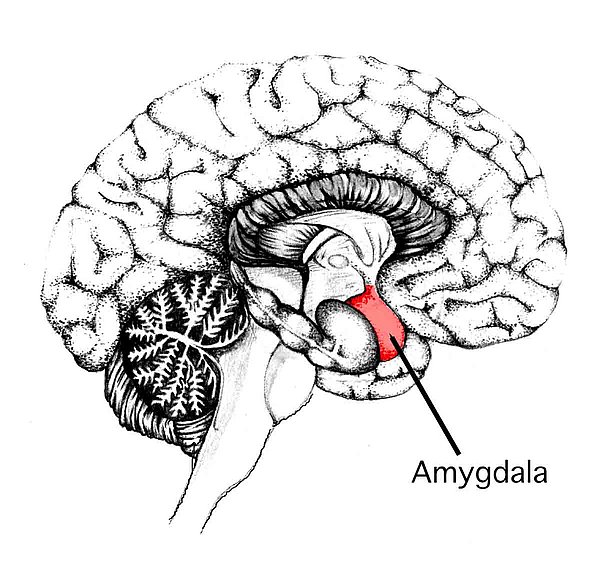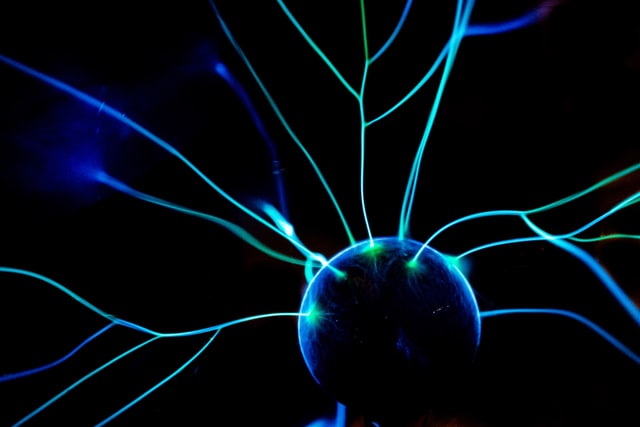You might wonder ‘Is highly sensitive person genetic?’ In this article, we’ll provide you with an answer to this question and look at what science says.
What does science say?
Various studies performed by amongst others Dr. Elaine Aron, confirm that the deep processing of sensory input amongst highly sensitive people can be seen on MRI scans.
In fact, the brains of highly sensitive people show a higher amount of activity when they work on a specific task or process input.
Moreover, one of the areas that showed significantly more acitivity, was the amygdala. This is the area in the brain responsible for identifying fear and preparing for emergency situations.
In detail, this area in the brain is strongly developed amongst highly sensitive people.
As a result, when a HSP receives much sensory input, they emotionally experience it more intensely.
What causes someone to be a highly sensitive person?
Based upon this information, one can conclude that highly sensitive people process in a different, more deep and longer way compared to non-HSP’s.
When there is a lack of time to process input and schedule moments to recharge, the alarm system (amygdala) sends out warning signals.
However, this alarm system is a consequence and not a cause for high sensitivity. As a result, when you take care of yourself and give yourself enough time to rest and recharge, you’ll reduce the time where your amygdala is active.
It’s in your genes!
To answer your question ‘Is highly sensitive person genetic’, the answer is yes.
Highly sensitive people react more strongly towards emergency situations because the alarm system in their brain (the amygdala) is more active. This difference in the brain is innate.


